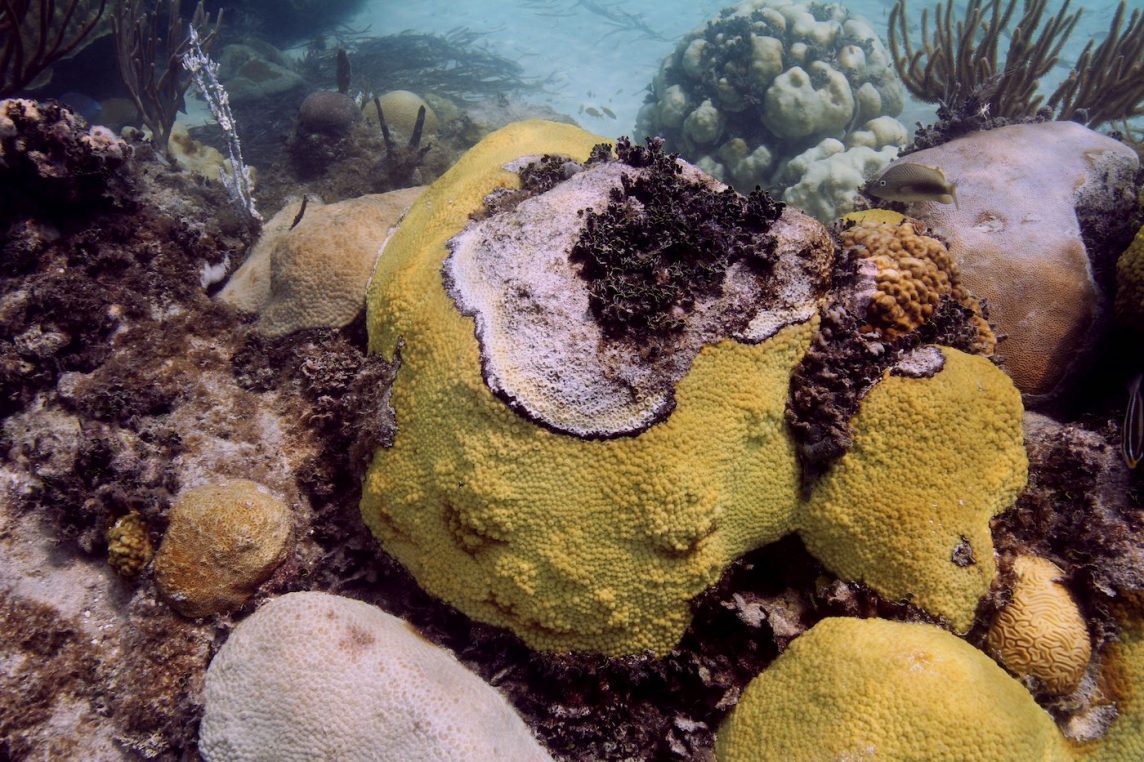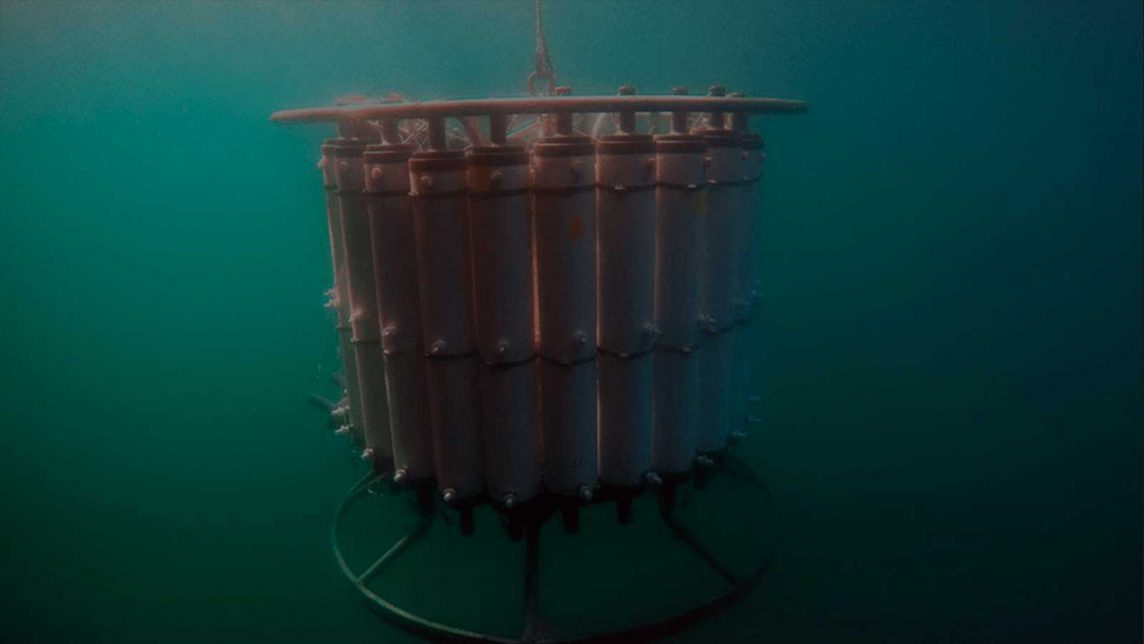On May 13th, the White House Office of Science and Technology Policy introduced the National Microbiome Initiative, an effort to support multi-agency research to help sample and better understand communities of microorganisms that are critical to both human health and the world’s ecosystems. As the nation’s premier ocean science agency, NOAA is leading interdisciplinary research to improve observation and assessment of marine microbiomes. To support this national initiative, NOAA’s Atlantic Oceanographic and Meteorological Laboratory (AOML) received nearly $2 million in funding this year to conduct a number of projects that integrate genetic sampling techniques and technologies to help advance the understanding of the ocean’s microbiomes.
NOAA’s Atlantic Oceanographic and Meteorological Laboratory is teaming up with NOAA’s Office of Ocean Exploration and Research, National Marine Fisheries Service, and Integrated Ocean Observing System, as well as the J.C. Venter Institute and the Scripps Institution of Oceanography to enhance ecosystem observation programs by integrating genome-enabled techniques and technologies (i.e., ‘omics) into the California Cooperative Oceanic Fisheries Investigations (CalCOFI). CalCOFI is a multi-partner, long-term ecosystem and fisheries study off the coast of California. The first quarterly CalCOFI expedition that included ‘omics recently completed at the end of November.
‘Omics is the term for a set of genome-based technologies used to examine DNA, RNA, and proteins from a variety of sample types ranging from single cells to organisms to communities in order to understand who is where, what they are doing, and how they are affected by changing environmental conditions.
The incorporation of ‘Omics into CalCOFI will help scientists better understand the diversity and functional activity of microbes in the area—enabling scientists to more accurately predict ecosystem tipping points, augment understanding of factors that enable or reduce ecosystem resiliency, and potentially unearth critical information regarding ocean response to large-scale pressures, including climate change. This project is a pilot for potential broader applications to other regions and across the NOAA fleet.
In the long term, ‘omics will ideally add to scientists’ ability to predict, monitor, and recommend responses to environmental changes and their associated effects on human health and the health of ocean and coastal ecosystems, leading to broader application to other regions and improved national efforts in ecosystem monitoring and management. Read more about other environmental microbial research in AOML features about Ocean Sampling Day and King Tide sampling on Miami Beach.
CalCOFI is a unique partnership of the California Department of Fish and Game, NOAA Fisheries Service, and the Scripps Institution of Oceanography. The organization was formed in 1949 to study the ecological aspects of the sardine population collapse off California. Today the focus has shifted to the study of the marine environment off the coast of California, the management of its living resources, and monitoring the indicators of El Nino and climate change. CalCOFI conducts quarterly cruises off southern and central California, collecting a suite of hydrographic and biological data on station and underway.

